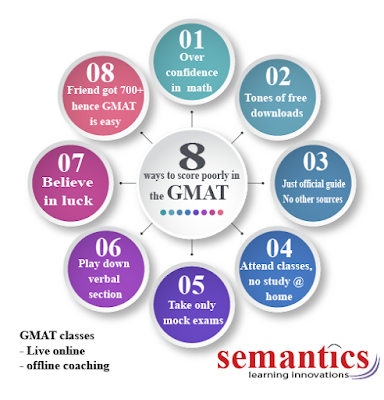Are you a quant person?
Quantitative thinking ( thinking with numbers) is integral to corporate business careers. Hence MBA entrance tests contain a generous dose of quantitative problems. One’s performance in such problem solving is a manifestation of his overall problem solving ability.
Business Schools perceive quantitative scores as indicative of higher order thinking and decision making skills. They believe that quant thinkers can handle diverse business challenges. They can analyse, diagram, hypothesise, set goals, try permutations and combinations, perceive probabilistic outcomes and synthesis a possible outcome.
Quantitative personality is not necessarily a hardcore math person
For a quantitative thinker, math knowledge is one of the many tools in his quest for excellence in problem solving. It is also possible that one is a good quantitative person but not a math person.
By and large, a quant person is someone who can look at independent ideas and facts, look at a situation and be able to come up with a response irrespective the accuracy of the approach and thereby the solution. It also means looking at a situation and draw up on one’s own repertoire of tactics for a possible way forward…. a possible answer... In short, a quant person might have a great memory but is rather someone who reasons very well.
A quant person uses thinking skills approach to problems
So when a quant person looks at a math problem with varied factors, and probably requiring more than one mathematical concept, he doesn’t get confused; he will pull the question apart and can see where one step leads into the other and can merge and manipulate the combinations to get the final answer. He goes beyond the given data, creates a problem field, assumes himself to be part of the problem, takes various experiences and knowledge points to extrapolate a position and direction. In other words, a quant person is empowered to handle problem situations well; one who says no ‘can’t’, until he has exhausted all possible knowledge, theories, and experiences before asking for help.
A quant person ‘transfers learning’
For a quant person, the idea of doing a lot of problems stems from the need to see the various possibilities of solving problems rather than an expectation of chancing upon an exam like problem. For effective ‘transfer of learning’ making observations while attempting a problem is the key.
The quant person in a nut shell should be inquisitive, innovative, fearless, flexible and an inherent risk taker.
“the Science of Thinking” methodology attempts to inculcate quantitative reasoning in addition to quantitative aptitude in test aspirants.


















